Leaders of the Group of Seven (G7) are set to meet in Japan’s Hiroshima.
According to the Ministry of External Affairs, Prime Minister Narendra Modi will be in Hiroshima from 19 to 21 May for the G7.
The prime minister is set to speak at the G7 with partner nations on subjects such as peace, stability and prosperity of a sustainable planet; and food, fertiliser and energy security.
Modi and US president Joe Biden will also meet on the sidelines of the G7.
But what is the G7? And what can we expect from the Japan meet?
Let’s take a closer look:
The G7 is an informal grouping of the world’s leading industrial powers.
It comprises France, Germany, Italy, Japan, United Kingdom, Canada, and United States.
It was formed in 1975 – in the aftermath of the 1973 oil crisis that shook the world.
Canada joined the group in 1976, while Russia joined in 1998.
The group was then renamed the G8, but has since reverted to G7 after Russia’s membership was suspended after it invaded and annexed Crimea.
According to Time Magazine, representatives of the United Nations, International Monetary Fund, and the World Trade Organization have also been regularly invited to the G7 since 1996.
Quick Reads
View AllWhile the G7 membership is limited to these nations, the host nation can invite other leaders to attend as ‘partner nations’.
Modi is among a slew of world leaders including Australia’s Anthony Albanese, Brazil’s Lula da Silva, South Korea’s Yoon Suk-yeol who have been invited as observers, as per Time Magazine.
What can we expect from the Japan meet?
China is expected to be the main subject of discussion.
According to Japan Times, China will be a ‘key focus’.
G7 trade ministers in April expressed “serious concern” about economic coercion and said they’d explore joint responses to it, as per the newspaper.
US Ambassador Rahm Emanuel in a dig at China has said the world should expect ‘more than words and communiques’ on economic coercion.
“G7 members are developing the tools to deter and defend against China’s economic intimidation and retaliation,” Emanuel tweeted.
According to Bloomberg, the G7 finance minister have reached out to their counterparts from less developed economies in a bid to counter China’s influence in the Global South.
According to Kyodo News, Japan will also focus on the topic of Artificial Intelligence.
“AI has the potential to positively change the economy and society, and (it also has) risks. We need to respond appropriately to both,” Kishida had previously said, as per the newspaper.
“It is necessary for Japan, as the G-7 chair, to exercise leadership in promoting common understanding and establishing rules,” he added.
According to CFR.org, climate change and nuclear weapons will also likely be discussed.
The latter subject assumes significance in the backdrop of Kishida being a native of Hiroshima – on which the US dropped a nuclear bomb on 6 August, 1945 – as well as Vladimir Putin’s threats to deploy nuclear weapons.
“As the only country to suffer a nuclear attack, Japan is unique in understanding the horrific consequences,” the piece noted.
Sanctions on Russia expected
New sanctions on Russia are also expected.
Officials with direct knowledge of the discussions said G7 nations plan to tighten sanctions on Russia with steps aimed at energy and exports aiding Moscow’s war effort.
New measures announced by the leaders during the May 19-21 meetings will target sanctions evasion involving third countries, and seek to undermine Russia’s future energy production and curb trade that supports Russia’s military, the people said.
Separately, US officials also expect G7 members will agree to adjust their approach to sanctions so that, at least for certain categories of goods, all exports are automatically banned unless they are on a list of approved items.
The Biden administration has previously pushed G7 allies to reverse the group’s sanctions approach, which today allows all goods to be sold to Russia unless they are explicitly blacklisted.
That change could make it harder for Moscow to find gaps in the sanctions regime.
While the allies have not agreed to apply the more-restrictive approach broadly, US officials expect that in the most sensitive areas for Russia’s military G7 members will adopt a presumption that exports are banned unless they are on a designated list.
The exact areas where these new rules would apply are still being discussed.
“You should expect to see, in a handful of spaces, particularly relating to Russia’s defence industrial base, that change in presumption happen,” said a U.S. official who declined to be named.
The G7 leaders’ action on Russia comes as Ukraine’s Western allies hunt for new ways to tighten already restrictive sanctions on Russia, from export controls to visa restrictions and an oil price cap, which have put pressure on Russian president Vladimir Putin but not halted the full-scale invasion that started over a year ago.
Some US allies have resisted the idea of banning trade broadly and then issuing category-by-category exemptions.
The European Union, for instance, has its own approach and is also currently negotiating its 11th package of sanctions since Russia invaded Ukraine, with the bulk focused on people and countries circumventing existing trade restrictions.
“The sometimes-discussed approach of ‘we ban everything first and allow exceptions’ will not work in our view,” said one top German government official. “We want to be very, very precise and we want to avoid unintended side effects.”
Meanwhile, any change in language, including language specifying that certain trade is banned unless specifically exempted, by the G7 leaders may not necessarily lead to more bans immediately or indeed any change in Russia’s posture.
“At least on day one, that change in presumption doesn’t change the substance of what’s allowed, but it matters for the long-term trajectory of where we’re going and the restrictiveness of the overall regime,” the US official said.
Ukraine, backed by Western arms and cash, is expected to launch major counter-offensive operations in the coming weeks to try to recapture tracts of its east and south from Russian forces.
Ukrainian president Volodymyr Zelenskiy has been in Europe this week for meetings with Pope Francis as well as with leaders from France, Italy and Germany. He is expected to address G7 leaders, either virtually or in-person, during their summit in Hiroshima, the officials said.
Former Russian president Dmitry Medvedev said last month a G7 move to ban exports to the country would cause Moscow to terminate a Black Sea grain deal that enables vital exports of grain from Ukraine. Food security in the aftermath of the war is also expected to be a major topic at the G7.
_With inputs from agencies
_
Read all the Latest News, Trending News, Cricket News, Bollywood News, India News and Entertainment News here. Follow us on Facebook, Twitter and Instagram.


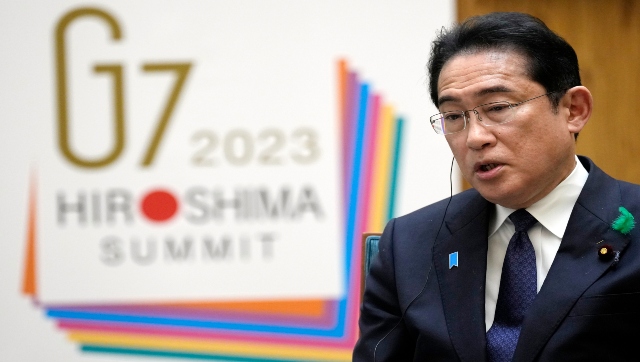)

)
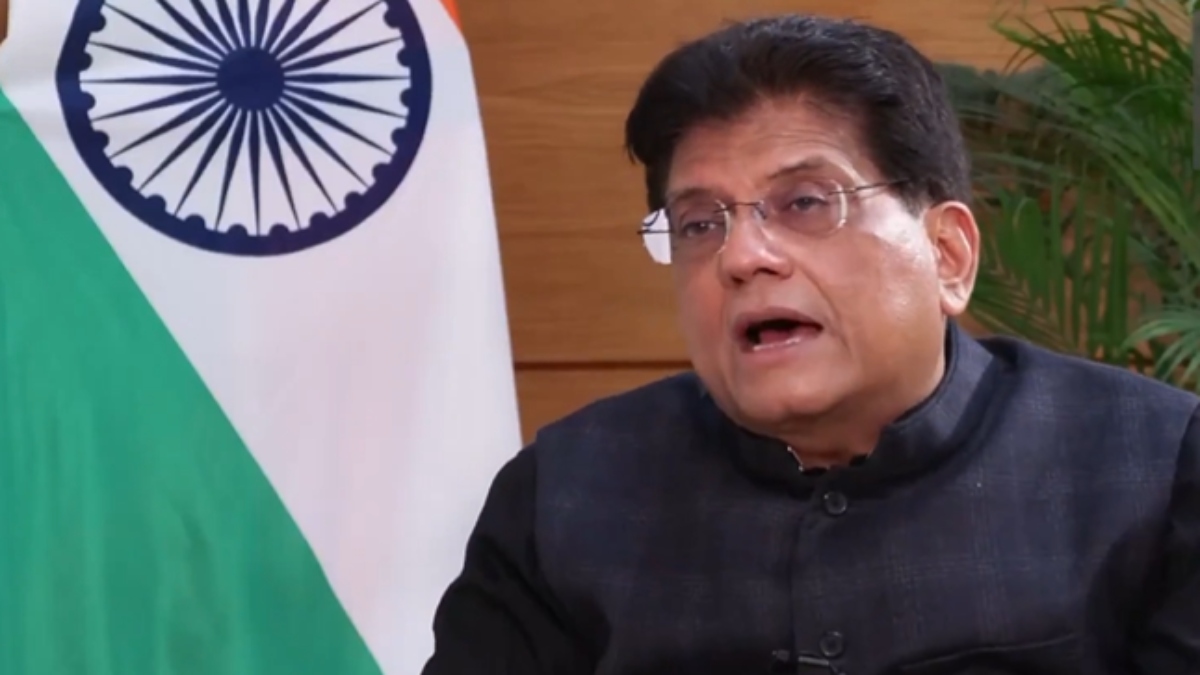)
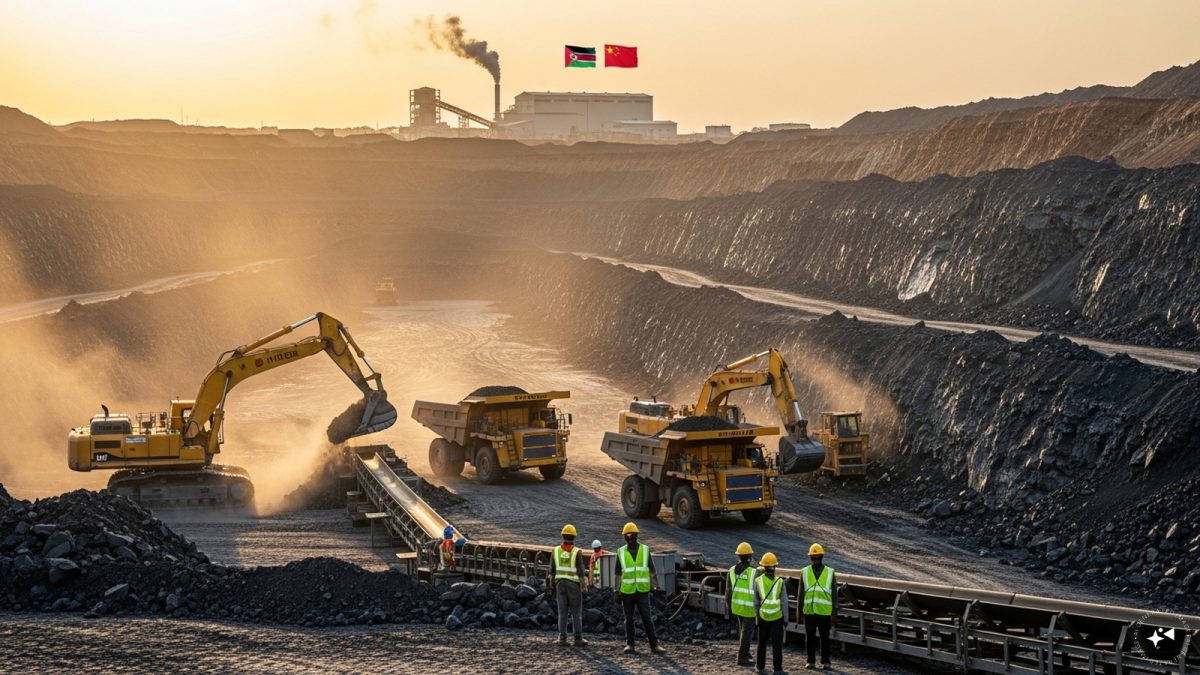)
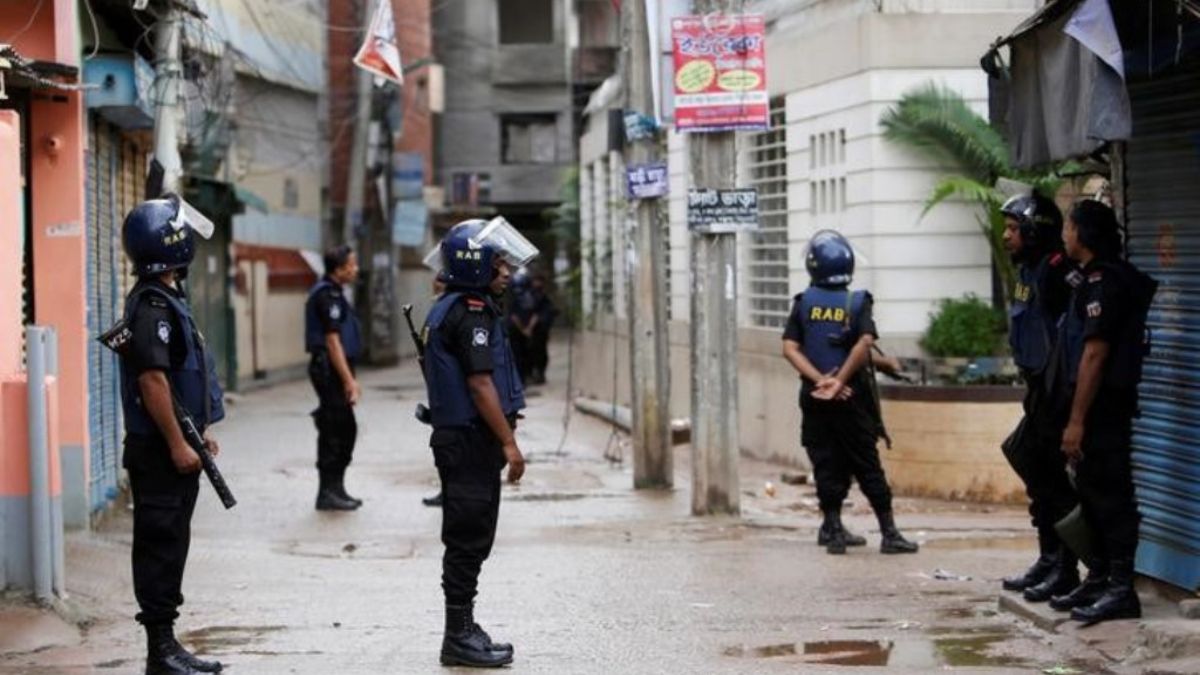)
)
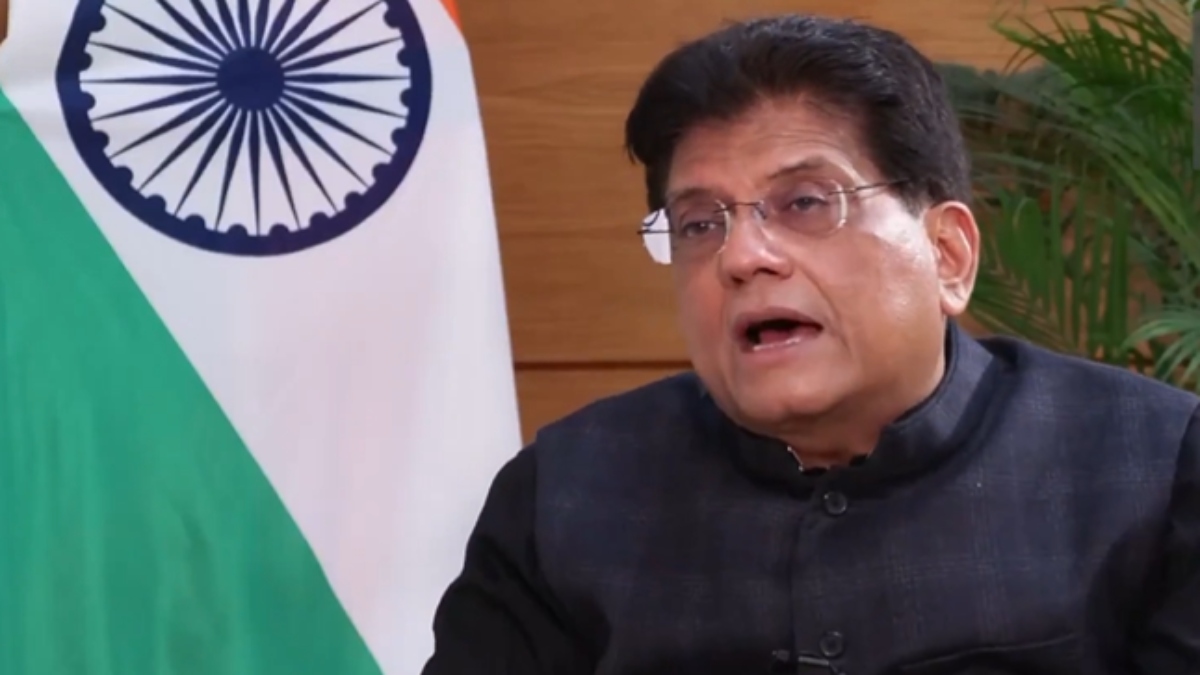)
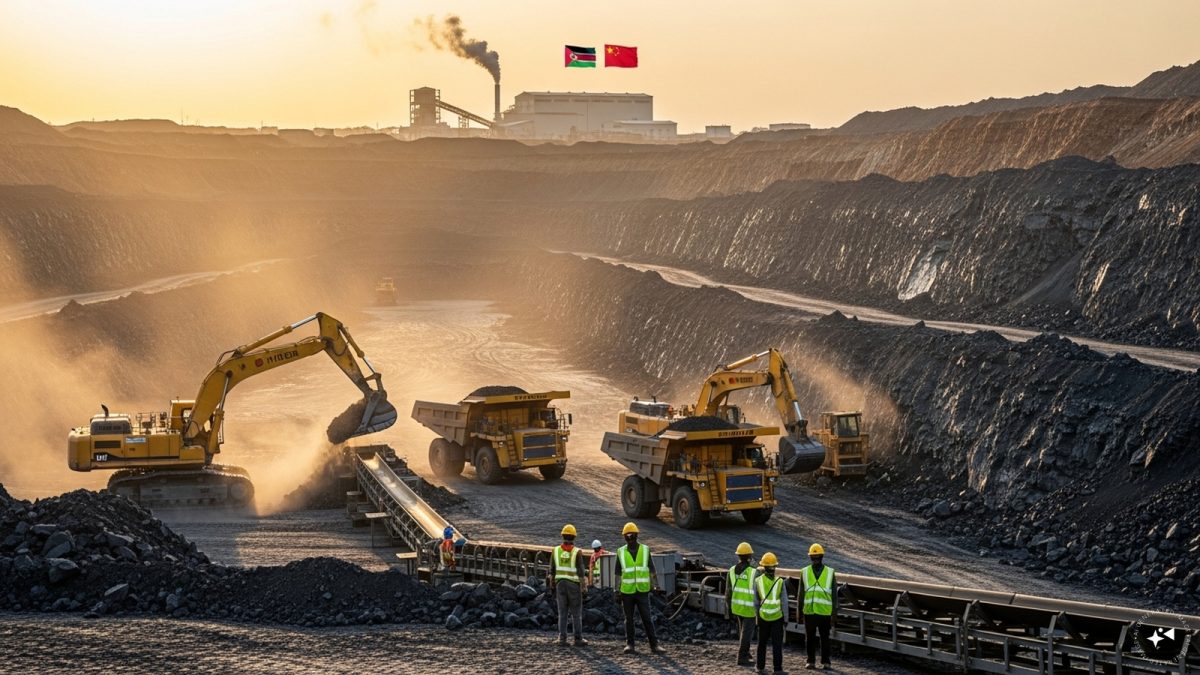)
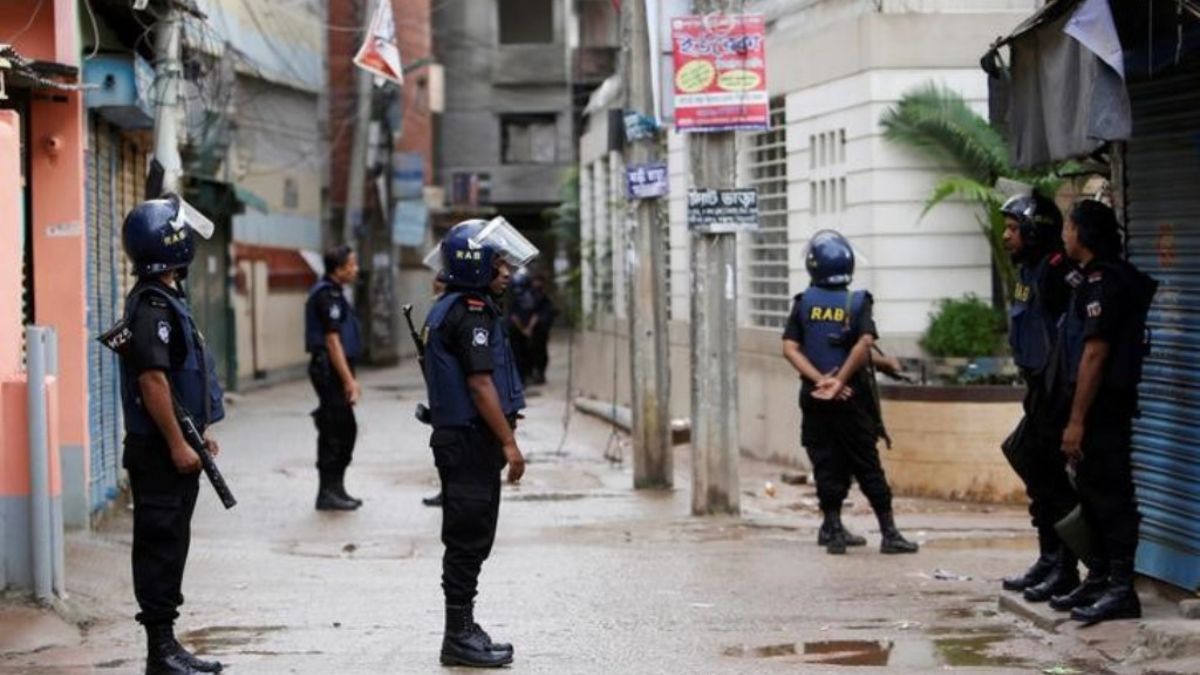)



